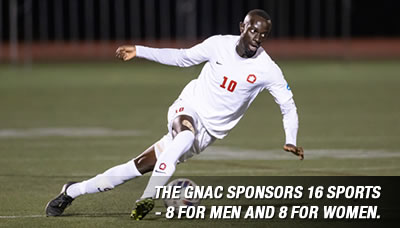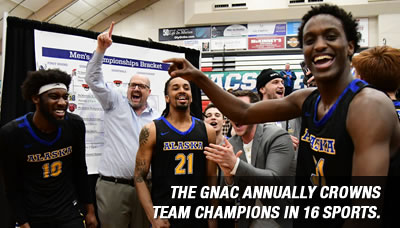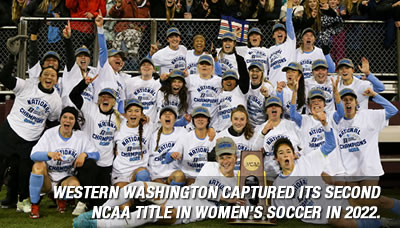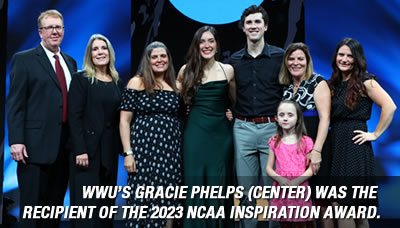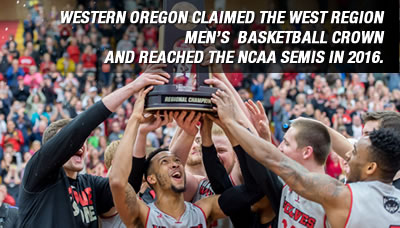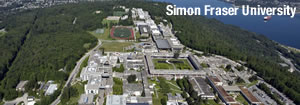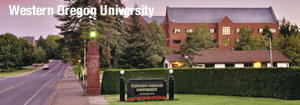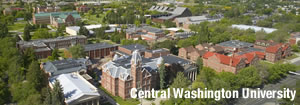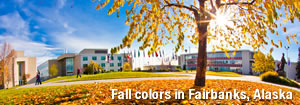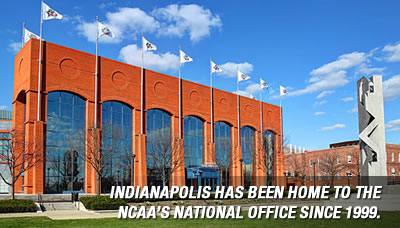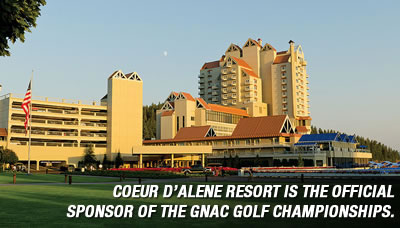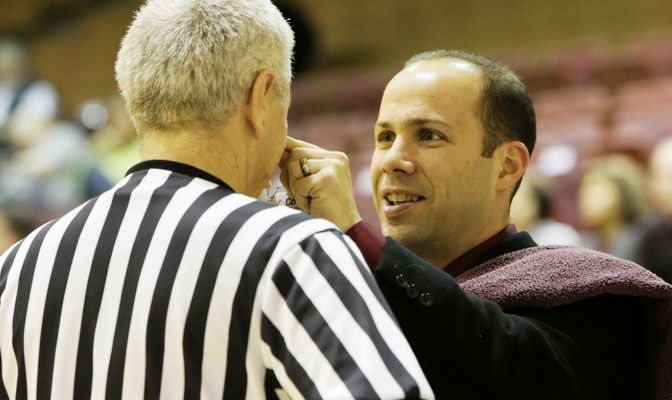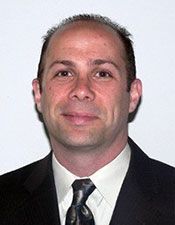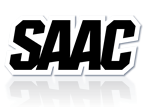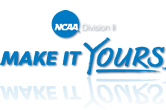Tuesday, March 6, 2018
In celebration of National Athletic Training Month, the GNAC is profiling athletic trainers throughout the conference. These trained medical professionals at every school work to keep the student-athletes of the GNAC healthy, active and safe.
National Athletic Training Month is an initiative of the National Athletic Trainers Association. To learn more about the month and role athletic trainers provide to the college athletics community, Click Here.
Name: Jason Durocher
Institution: Seattle Pacific University
Years At Institution: 3
Hometown: Currently West Seattle, Born in Glendale, Calif., and raised in Simi Valley, Calif.
Colleges Attended: Moorpark Junior College (Associate of Arts), Fresno State University (Undergraduate, Physical Education with Emphasis on Athletic Training), Whitworth University (Graduate, Physical Education and Sports Administration)
Sports In Which You Have Served As A Primary Athletic Trainer: Football, basketball, gymnastics, volleyball and soccer.
What Prompted Your Interest In A Career In Athletic Training: If blessed with enough talent I would have loved to be a professional athlete. I have always loved sport and competition. When I failed to make the cut my sophomore year of high school for the baseball team, I was directed towards an opportunity to take a basic course in injury management and to shadow a certified athletic trainer. I also had the opportunity to take an anatomy and physiology course in my senior year in high school with a cadaver lab. These two learning opportunities fascinated me and set me on a course to pursue this awesome profession.
Who Has Been The Biggest Influence On Your Career: I have had several awesome influences in my career. The first athletic trainer I ever met was my high school’s ATC. He taught my first class and, having been a former NCAA basketball athlete, was such an amazing individual that I looked up to him. He modeled what I thought a career in athletic training could be and should look like.
My junior college head athletic trainer was significant in giving me the opportunity to grow and develop incredible hands-on experience with collegiate athletes. He demonstrated what it meant to be a jack-of-all-trades when it came to managing every sport and every detail of athletic training organization and administration by himself.
My college athletic trainers all contributed to my experience and development showing me what it meant to be a professional and still manage a personal life which is always a challenge in this profession. My faith in Christ is also a huge influence in my career. I feel called to be on mission for him in the role of a healthcare provider and this influences my attitude and my ability to lead in my role as head athletic trainer at Seattle Pacific.
For You Personally, What Are The Most Satisfying Aspects Of Being An Athletic Trainer: I would say the most satisfying aspect of being an athletic trainer for me is the relationships that I develop with student-athletes. Life is about relationships and most often health care providers do not get the opportunity to see their patients day in and day out the way I do. Knowing people when they are sometimes most vulnerable and also seeing them when they are on top of the world so to speak makes my job so much richer. I have a cell phone full of former student-athletes’ phone numbers. Hearing from them after graduation and hearing about their success is pretty awesome!
What Are The Most Challenging Aspects Of The Job: Though we are all human everybody is not the same. People heal at different rates and respond differently to injury both physically and mentally. There are many facets to recovery within the competitive environment that make injury management often complex and challenging.
What Is The Most Misunderstood Aspect Of The Athletic Training Profession: Probably more than anything, what is often misunderstood is that athletic trainers are qualified health care providers who graduate from an accredited institution in an accredited program for athletic training education. Athletic trainers are educators to all physically active people so they don’t just treat athletes. They help people to understand and navigate the sometimes complex and holistic nature of what it means to live a healthy lifestyle.
What Is One Key Element Of Your Job That Most People Would Not Realize: The amount of organization and administration behind every encounter and event. Providing health care in the public eye is about the encounter and this is what most people see. Behind the scenes, that encounter was preceded by ensuring that appropriate training happened and is maintained to the level of evolving practice. This is all based on evidence-based research, which is a big piece of ensuring a successful outcome. Furthermore, there is budget, policy and procedure, planning, screening, and extended communication. Athletic trainers work daily communicating with multiple health care providers like doctors, coaches, mental health care professionals, nutritionist, various other specialist providers and insurance and school administrators. Often, all of these for just one person. Summed up, athletic trainers are often one of the first athletic personnel to show up each day and often the last to leave.
What Has Been The Biggest Change In Athletic Training During Your Career: For me in the last twenty years, I would say technology not only in sport but in the ability to assess, manage and treat injuries. I also feel that athletic trainers have expanded their market significantly to beyond what has been a traditional model in a school or college setting.
What Do You See As Primary Health Concerns Currently In College Athletics: I clearly remember a graduate school professor communicating to me that sport is a microcosm of the culture. If you look at what the main problems are in our culture you will find the same challenges present in sport and specifically collegiate athletics. Respect and integrity go a long way to ensuring an environment that encourages and strengthens character development. We have not handled mental health in our culture with the same tenacity and level of concern that we have given to physical health. Being under-resourced to manage mental health in our culture and sport is a real challenge for college athletes at a very vulnerable and developing stage of growth in the life process.
What Advice Would You Give To A High School Or College Student Interested In Pursuing A Career In Athletic Training: Probably the same I would give anyone else. Pursue the career because you are passionate about the profession and people. Find something you love doing and it will never be work. You study and learn the profession because it is an interest. You work the profession because you love helping people.

